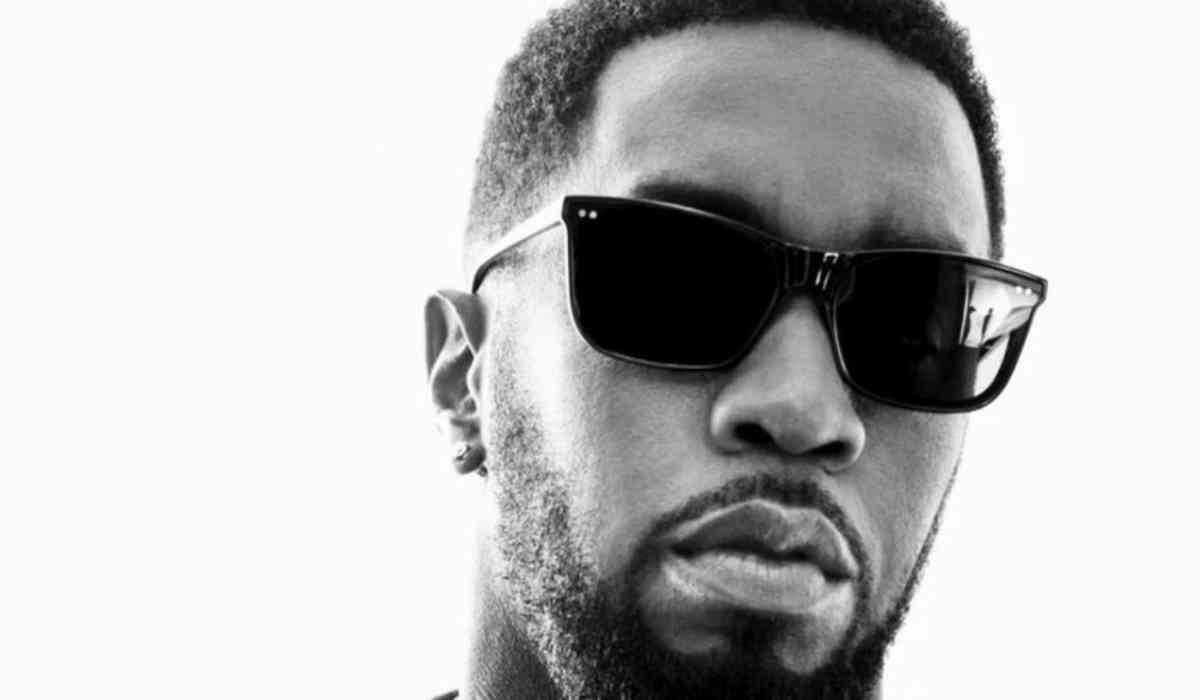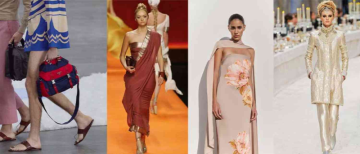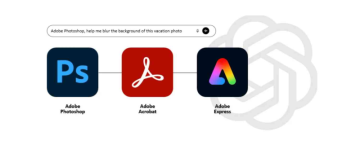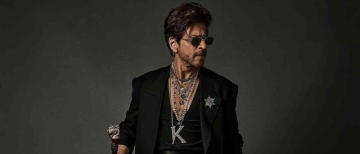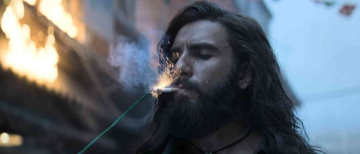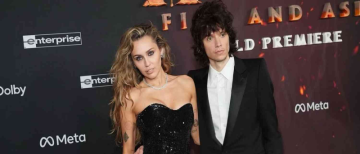Sean Combs, aka P.Diddy, aka Puff Daddy, aka Diddy, aka Sean Love Combs.
There are a lot of name changes for one individual, but whatever right. The art comes first, what's in a name ; right?
Do you remember the time when boomboxes ruled the streets and gang signs were thronged in the air without caution? But when the beat dropped, heads bobbed, and rhymes flowed like poetry—those were the glory days of hip-hop. With this ongoing Drake and Kendrick rap beef, we almost forgot about the man—Puff Daddy. 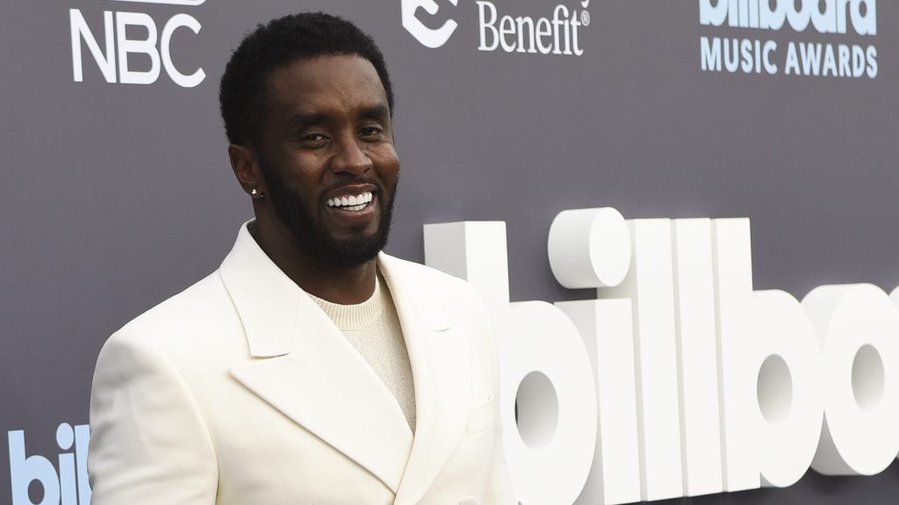
The Rise
P. Diddy was not only an artist but a transformative force in the music industry. His record label, Bad Boy Records, birthed legends. The Notorious B.I.G., Faith Evans, and Mase—these names echoed through the streets. Their lyrics painted vivid pictures of struggle, ambition, and triumph. The '90s marked a significant transformation in hip-hop, with Bad Boy Records leading the way in shaping the culture and sound of a whole generation. Tracks like "Juicy," "I'll Be Missing You," and "Feel So Good" still resonate today, encapsulating the ethos of an era marked by both hardship and hope.
_1716063430.png)
Let me give you some context
Political and societal unrest characterised the 1990s. Hip-hop's content and style have been greatly influenced by the crack epidemic, economic inequality, and systemic racism. Musicians spoke out about the difficulties facing urban America through their music. These brutal realities were echoed in the rise of gangsta rap, which presented street life in an unvarnished and raw manner. Motivated by personal disputes and media exaggeration, the East Coast vs. West Coast rivalry emerged as a major narrative during that period.
Bad Boy Records deliberately positioned themselves as a prominent player in this battle under P. Diddy's direction. The East Coast was home to Bad Boy Records and its portfolio of musicians, while the West Coast was represented by Dr. Dre and Death Row Records. With his raw narrative and skill with words, The Notorious B.I.G. (Biggie) rose to prominence as the face of East Coast rap. His rivalry with the renowned West Coast artist Tupac Shakur symbolised the fierce rivalry between the two coasts and ultimately resulted in the tragic deaths of both rappers.
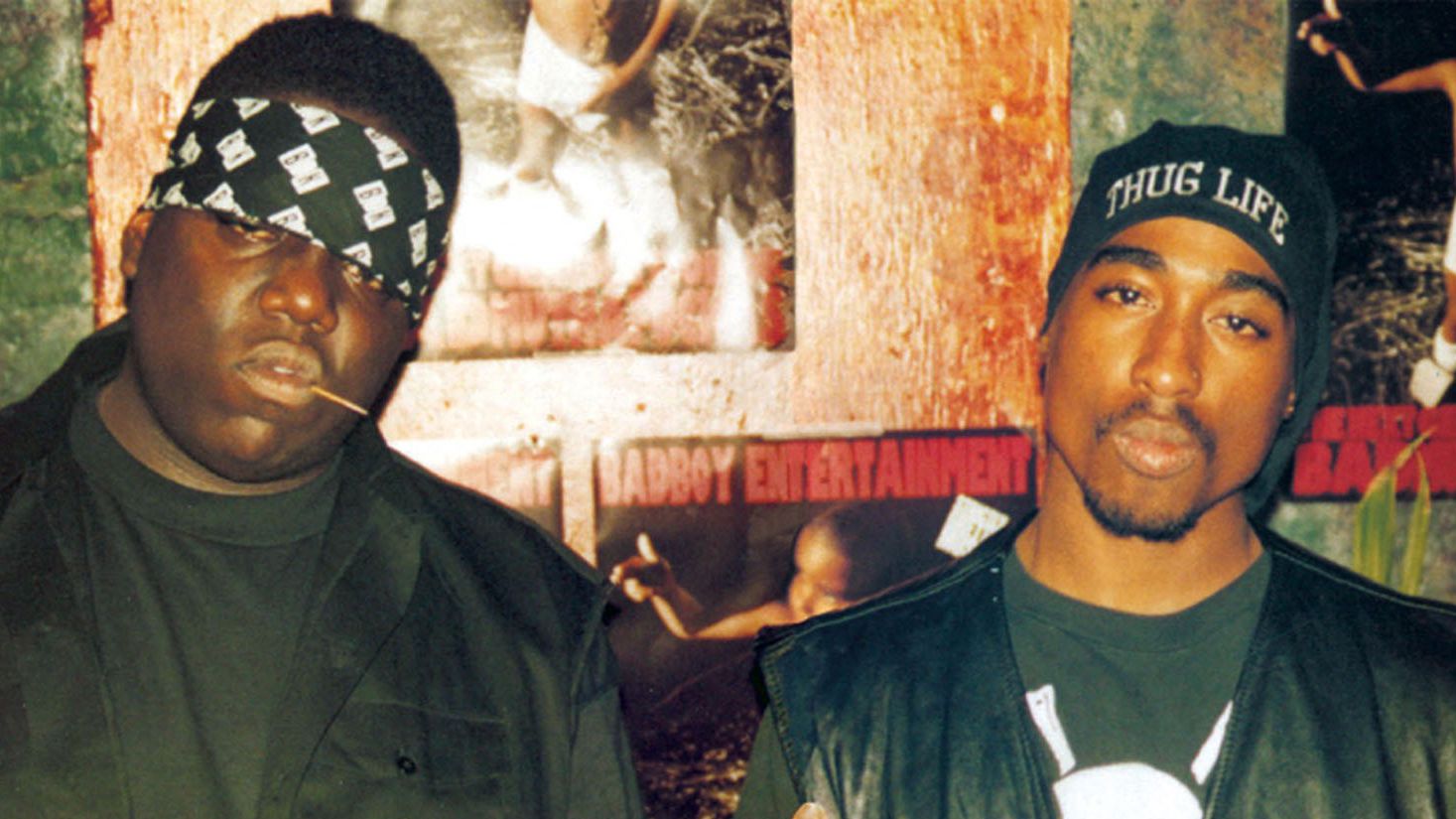
The Culture of Mixtape and Swagger
Before streaming services, mixtapes on cassettes and vinyl's ruled. DJs scratched vinyl, blending beats seamlessly. P. Diddy's mixtapes were our lifelines—the soundtrack to late-night drives, block parties, and summer cookouts. Each tape told a story, capturing the essence of our lives. His iconic fashion sense featured oversized sunglasses, velour tracksuits, and extravagant jewellery, establishing a distinctive and memorable look. We imitated his swagger, believing we could conquer the world one rhyme at a time. Mixtapes went beyond just music; they were a cultural phenomenon, serving as an underground pulse that shaped the streets.
_1716063821.png)
P. Diddy's collaborations with DJs and other artists on these mixtapes played a crucial role in popularising the East Coast sound. His ability to curate and produce tracks that resonated with urban youth solidified his status as a tastemaker. The mixtapes were raw and unfiltered, offering a glimpse into the authentic experiences of the hip-hop community. This DIY approach to music distribution not only built anticipation for official album releases but also created a grassroots network of fans and supporters.
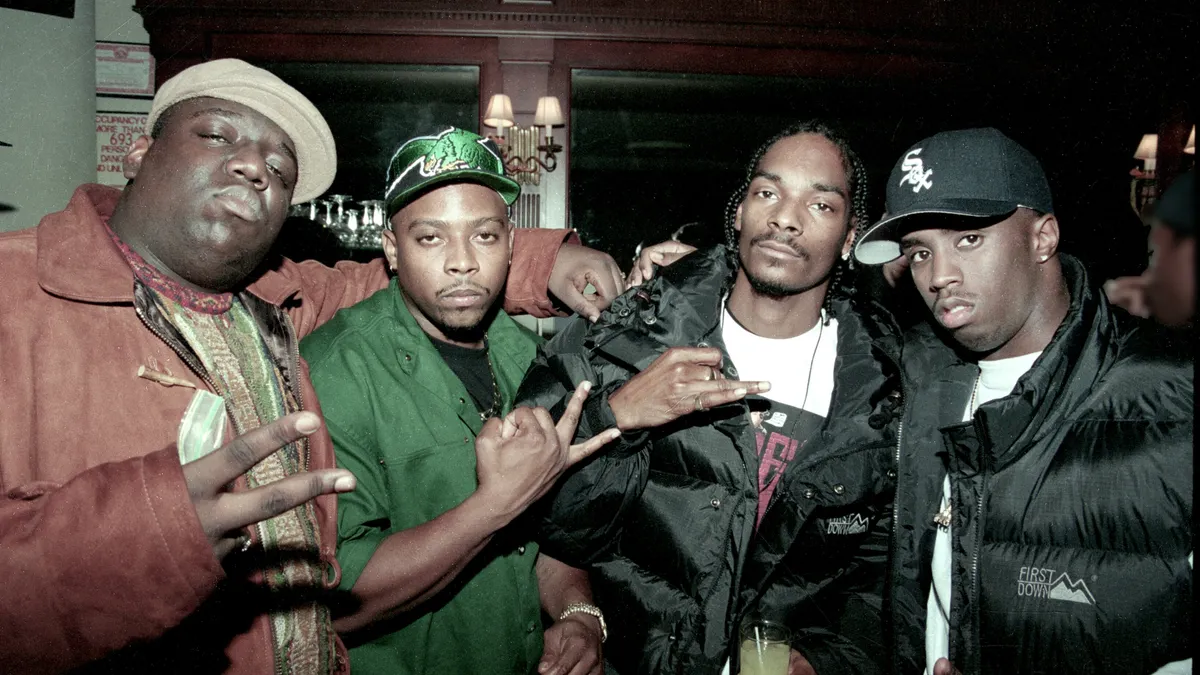
From left to right, American rappers Notorious B.I.G., Nate Dogg, Snoop Dogg, and Sean Combs
The Business Empire
But P. Diddy wasn't content with music alone. He built an empire. Sean John and his fashion line revolutionised urban wear. Celebrities rocked Sean John gear, and suddenly, we all wanted to dress like moguls. The brand's success redefined street fashion, making high-end style accessible to the masses. His fashion shows were major events, blending the worlds of music, fashion, and celebrity culture. Sean John's influence extended beyond clothing, setting trends in lifestyle and attitude.
And then there was Ciroc vodka—a brand that transcended spirits and epitomised a lifestyle. P. Diddy's net worth skyrocketed, and he embodied the American Dream. He expanded his brand into various industries, from television with "Making the Band" to marketing ventures, showing that his influence extended far beyond music. His forays into film, including projects like "A Raisin in the Sun," and his charitable work, such as backing educational programs, strengthened his image as a versatile mogul.
_1716064335.png)
The Musical Impact
P. Diddy's production style was a blend of sampling and innovative beats that created a distinctive sound. He often incorporated elements from classic soul and funk records, giving his tracks a nostalgic yet fresh feel. Songs like , ''No Way Out'' , "Mo Money, Mo Problems" and "Can't Nobody Hold Me Down" exemplified his knack for creating catchy, anthemic hits that resonated with a wide audience. His use of high-energy hooks and polished production set a new standard in the industry.
Bad Boy's influence extended to fashion trends as well. Music videos and album covers from the label often showcased streetwear aesthetics that became aspirational for fans. The oversized jerseys, Timberland boots, and flashy jewellery worn by Bad Boy artists became staples of urban fashion. This visual style, coupled with the music, helped shape the cultural identity of the '90s hip-hop scene.
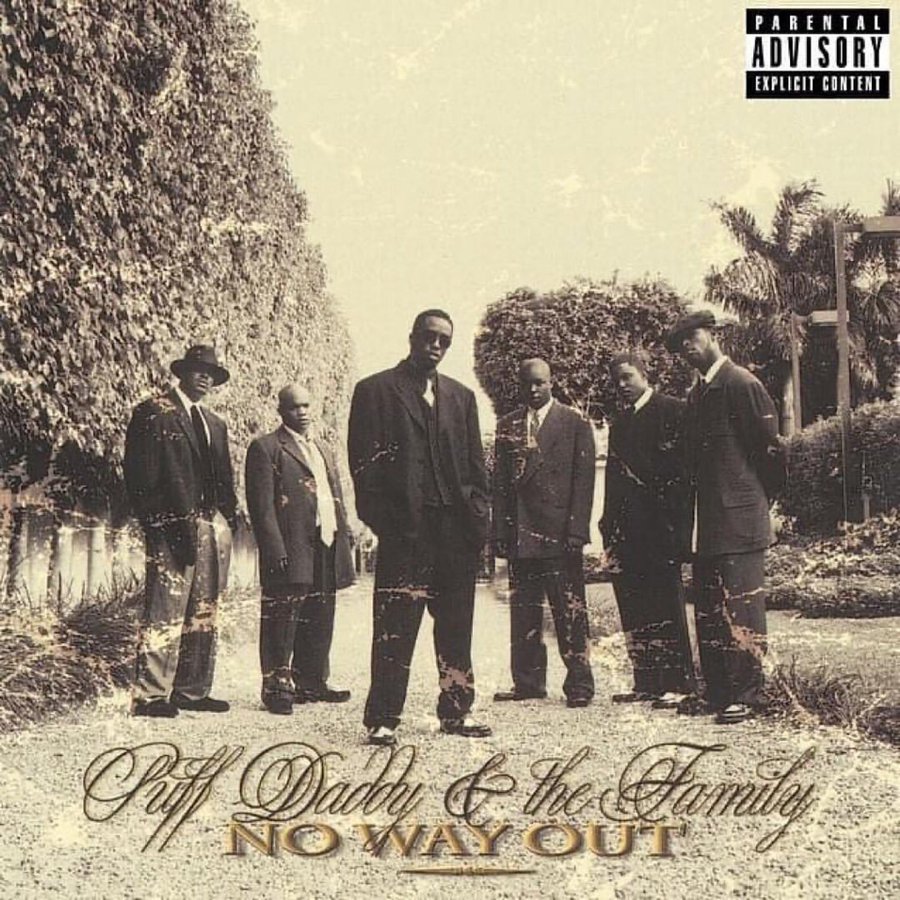
The Evolution of Hip-Hop
The rise of Southern hip-hop in the late '90s and early 2000s posed a challenge to the dominance of the East Coast sound. Artists like OutKast, UGK, and Lil Wayne brought new styles and perspectives that diversified the genre. P. Diddy, always the savvy businessman, adapted by collaborating with Southern artists and incorporating their sounds into his work. His ability to stay relevant in a changing musical landscape was a testament to his adaptability.
The advent of streaming services revolutionised the music industry, diminishing the importance of mixtape culture. Platforms like Spotify and Apple Music made music more accessible but also shifted the way artists released and promoted their work. P. Diddy embraced these changes, using social media and digital platforms to maintain his presence in the industry. His continued success with Sean John and Ciroc demonstrated his ability to thrive beyond traditional music sales.
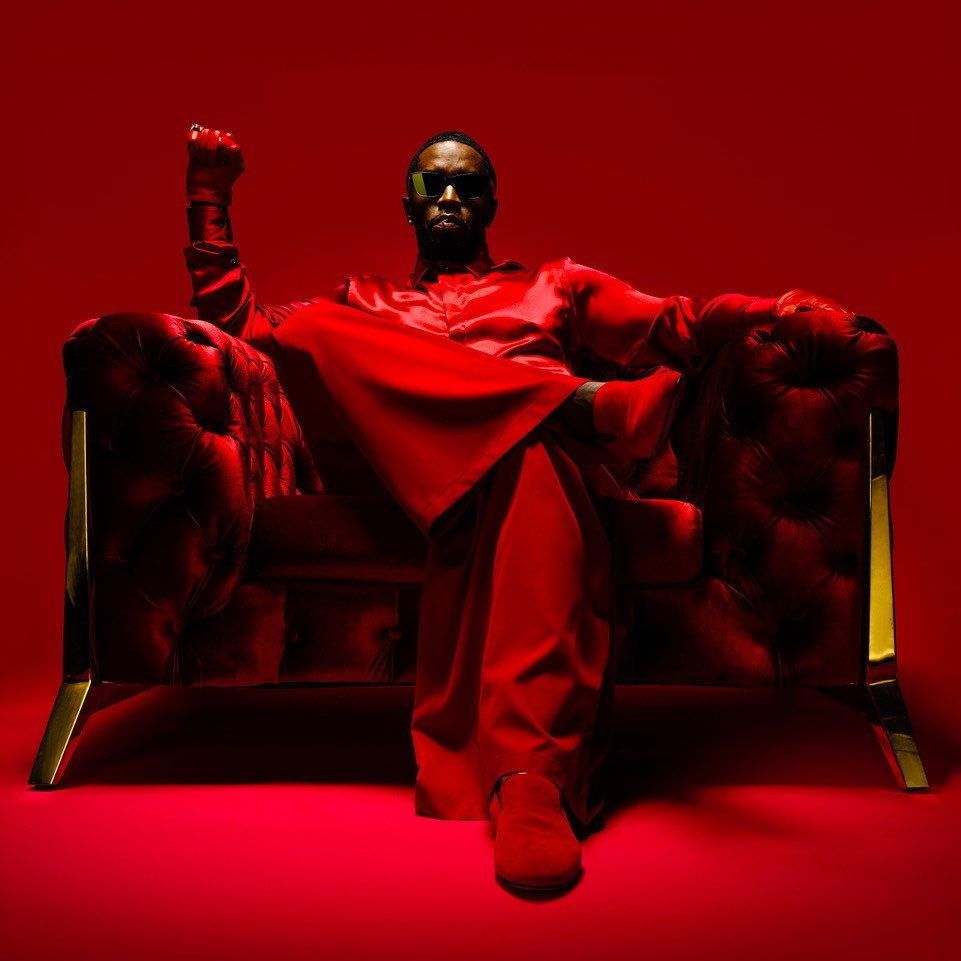
The Fall: A Changing Landscape
As hip-hop evolved, P. Diddy faced stiff competition from emerging artists. His signature sound became less relevant, and newer stars took centre stage. The nightclub shooting in 1999 cast a shadow over his career, but he bounced back. The incident was a turning point, challenging his resilience and adaptability. Despite the controversies, his ability to reinvent himself kept him relevant in a rapidly changing industry. This era also witnessed the emergence of the Southern hip-hop scene, with artists such as OutKast and Lil Wayne taking the forefront, enriching the genre with varied sounds and influences.
Allegations and Resilience
Recent allegations of sexual assault by multiple women raised questions about his character and legacy. Yet, P. Diddy remains active. His music no longer dominates the charts, but Sean John still thrives, and Ciroc remains a lucrative venture. His substantial net worth, reflective of his diverse portfolio and entrepreneurial ventures, underscores his financial success. A more extensive discussion concerning accountability and the duty of public figures has been spurred by these accusations. There has been division in the hip-hop world; some are standing up for him, while others are demanding justice and openness.
Despite facing obstacles in his personal life, public scrutiny, and legal disputes, he keeps moving forward. His attempts to stay current in a field that is always changing demonstrate his flexibility and commercial savvy. P. Diddy exhibits a never-ending desire to succeed, whether through business partnerships, rebranding campaigns, or charitable endeavours.
_1716064969.png)
Feds raid P.Diddy Homes in LA nd Florida
Federal Raids and Ongoing Investigations
P. Diddy's houses in Miami and Los Angeles were raided by federal authorities from US Homeland Security in March 2024 as part of an investigation into sex trafficking. The raids heightened interest in the rapper's supposed misbehaviour. This investigation has made him reevaluate his past, raising concerns about accountability and how he handled his previous controversies. His legacy could be significantly impacted by this protracted legal dispute, which could eclipse his commercial and musical accomplishments.
Revisiting the Infamous 1999 Shooting
As part of the FBI investigation, P. Diddy, Shyne, and Jennifer Lopez's 1999 nightclub shooting trial may be reexamined. Even though Combs and Shyne were found not guilty at the time, the incident nonetheless has a lasting impact on his legacy. This potential reexamination emphasises the need for legal accountability as well as the long-lasting effects of previous deeds. The shooting incident, which left multiple people injured, has remained a contentious subject since it exposed the darker aspects of the hip-hop industry during its most glitzy period.
_1716065165.png)
Quotes from P. Diddy himself provide a deeper insight into his journey. Reflecting on his career, he once said, "I always believed that if I worked hard and stayed focused, I could achieve anything." His words resonate with the ethos of the American Dream, emphasising perseverance and ambition.
Personally, P. Diddy's work has had a profound impact on our generation, shaping our views on music, entrepreneurship, and resilience. His ability to blend business savvy with artistic creativity laid the blueprint for future artists. The way he navigated the challenges of the music industry while continually reinventing himself serves as an inspiration for many aspiring musicians and entrepreneurs.
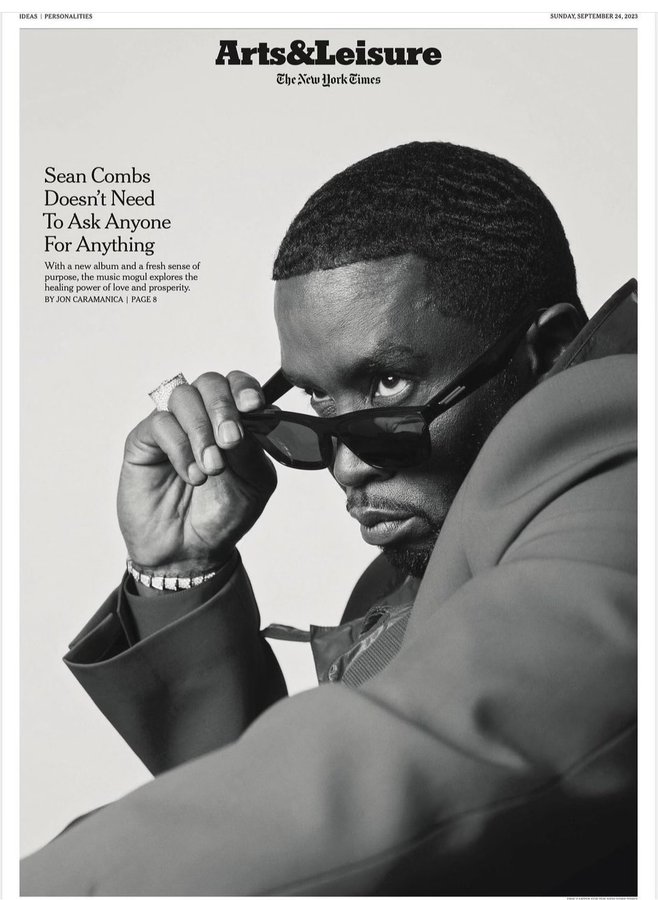
Further Exploring the Controversy
The claims of sexual assault against P. Diddy have had a lasting negative impact on his business. A brief chronology highlights the seriousness of these charges.
♦ Many lawsuits were filed in November 2023 as a result of various women, including Combs’s former partner, Casandra “Cassie” Ventura, coming forward with claims of sexual misconduct. The allegations, which cover several decades, present a disturbing image of exploitation and abuse. Due to these accusations, P. Diddy has been under increased public and media scrutiny. There has also been a noticeable popular pushback.
♦ In response to these allegations, P. Diddy has maintained his innocence, stating that the claims are baseless and part of a coordinated effort to tarnish his reputation.
♦ However, the ongoing federal investigation, notably the March 2024 raids, indicates a worsening legal predicament that may significantly impact his lasting reputation. Should the allegations be substantiated, they may have serious legal and financial repercussions, potentially resulting in the dismantling of segments of his business realm.
♦ Video footage of Sean Combs assaulting his then girlfriend goes viral and might be used in the 2016 case.
_1716065876.png)
P. Diddy and Casandra Cassie Ventura
Reactions from the Industry
Here are the names of the people who spoke against P. Diddy along with their direct quotes:
1. Usher: He stayed at Diddy's house when he was 13 and described the experience as pretty wild.
When asked if he would send his kids to hang out with Diddy, he replied, Hell no.
2. Justin Bieber: Although he hasn't commented directly, there are videos showing him with Diddy that haven't aged well, suggesting questionable activities.
3. Howard Stern: Stern recounted a terrible experience at one of Diddy's house parties, describing it as crawling with bikini-clad women and not being allowed inside.
4. 50 Cent: He criticised Diddy's parties, saying,
"[He’ll] hug you from the front and the back at the same time? F–k you talkin’ about? Look, if you into that, you into that. I’m fine with it. To each his own. I’m just sayin’ this ain’t my motherf–king kind of party. It’s uncomfortable."
He also alleged that Diddy knew who took out Notorious B.I.G.
5. Eminem: He suggested that Diddy knew about what happened to Tupac.
6. Aubrey O'Day: She spoke about her negative experience working with Diddy on the set of Making The Band, describing him as very difficult
to work with and overly critical.
7. Wendy Williams: She criticised Diddy for his treatment of Cassie Ventura, describing it as treating her like a possession.
These quotes and criticisms provide insights into various aspects of P. Diddy's behaviour and character.
These reactions highlight the broader cultural shift towards addressing and rectifying historical wrongs within the entertainment industry. The MeToo movement has empowered many survivors to come forward, and the hip-hop community is grappling with how to reconcile the past while advocating for a safer, more respectful future.
_1716067315.png)
from left to right: Usher, Aubrey O'Day, Howard Stern
Legacy and Influence
Today, as we reminisce, P. Diddy's legacy endures. His rise, his controversies, and his resilience—they're etched in our memories. We play his tracks, passing the torch on to the next generation. His story is a testament to the highs and lows of fame and a reminder of the enduring power of hip-hop. The influence of Bad Boy Records continues to resonate, as emerging artists frequently acknowledge its impact on their careers and musical styles.
P. Diddy's contributions to hip-hop culture extend beyond music. He helped shape the business models that many artists follow today, proving that musicians can be successful entrepreneurs. His philanthropic efforts, such as founding the Capital Preparatory Charter Schools, demonstrate his commitment to giving back to the community. Despite the controversies, his role in transforming hip-hop into a global cultural force cannot be denied.
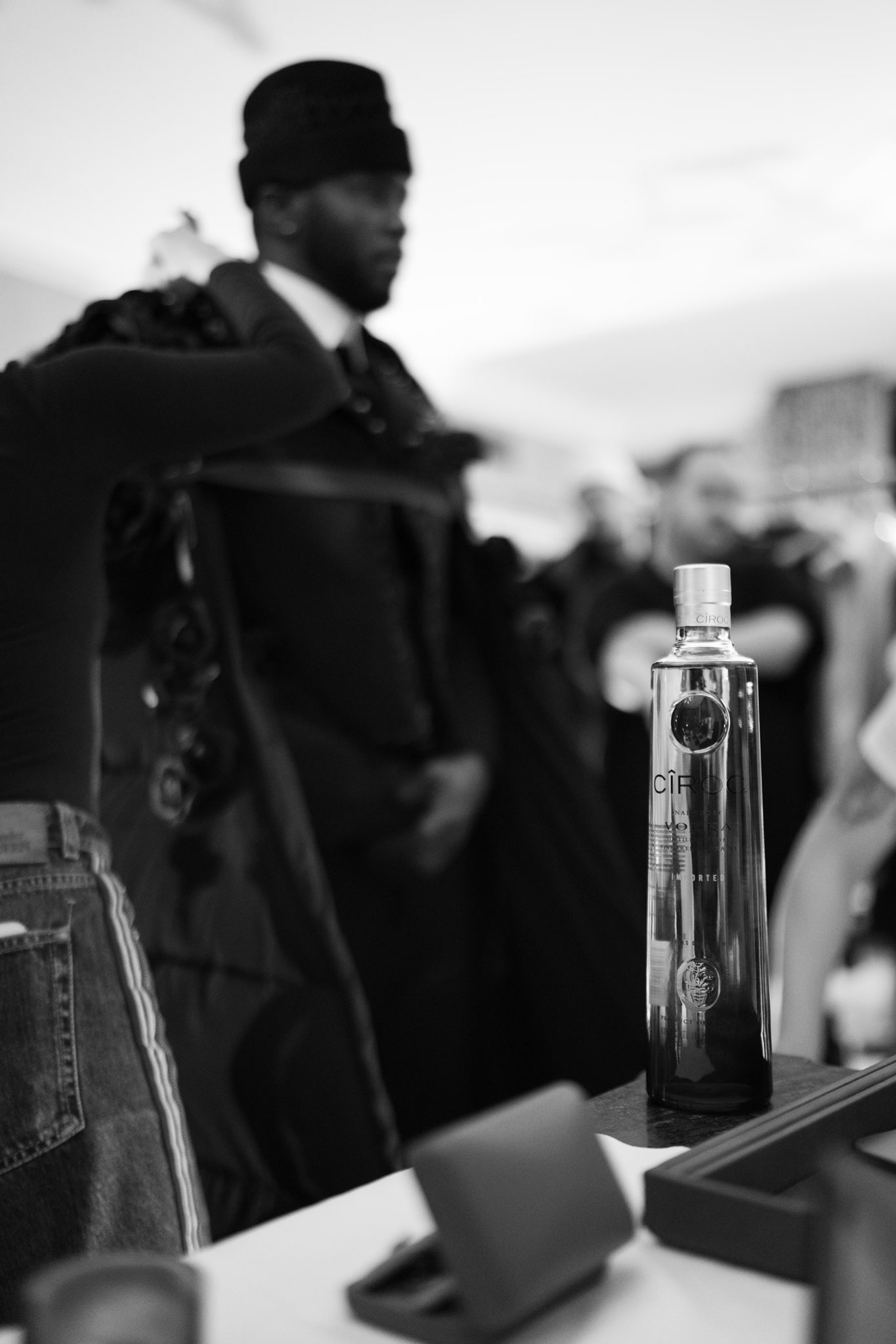
Conclusion
Hip-hop's transformational potential is exemplified by P. Diddy's journey from the streets of Harlem to the top of the music business. Along the way, he impacted innumerable people as he realised his aspirations. But his tale also serves as a warning about the obligations that come with notoriety and power.
We commemorate the music, style, and culture that defined a generation as we look back on the hip-hop golden age. P. Diddy was a major player in this age, and his legacy will undoubtedly be debated and discussed for some time to come, whether positively or negatively.
So, let's raise a glass to the golden era—the era when P. Diddy ruled the airwaves, and hip-hop was more than music—it was life.
Inputs from Multiple Agencies
Media Sources: Multiple (People, Vogue, XXL, X , USAToday, Instagram )
ⒸCopyright 2024. All Rights Reserved Powered by Vygr Media.

